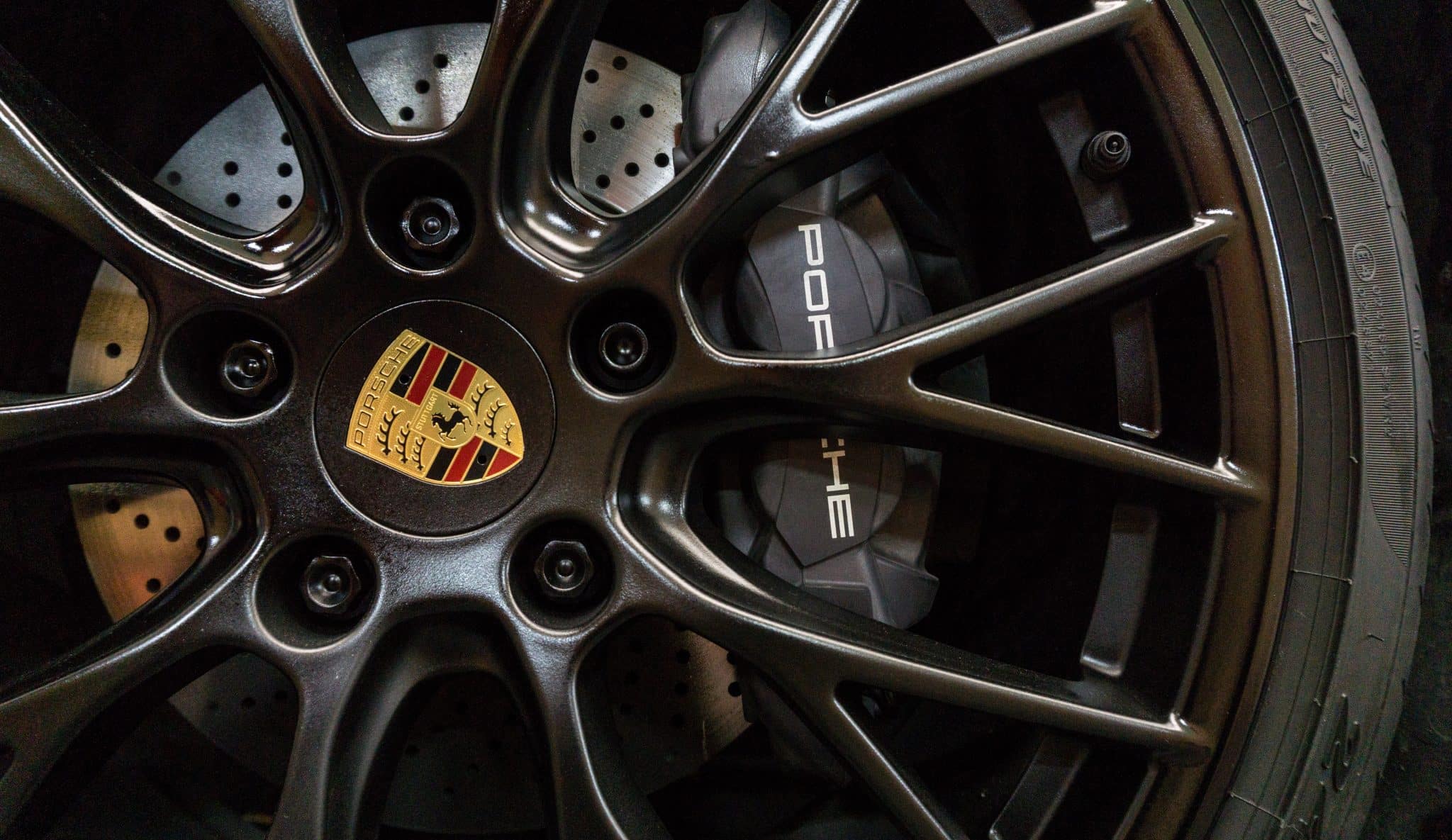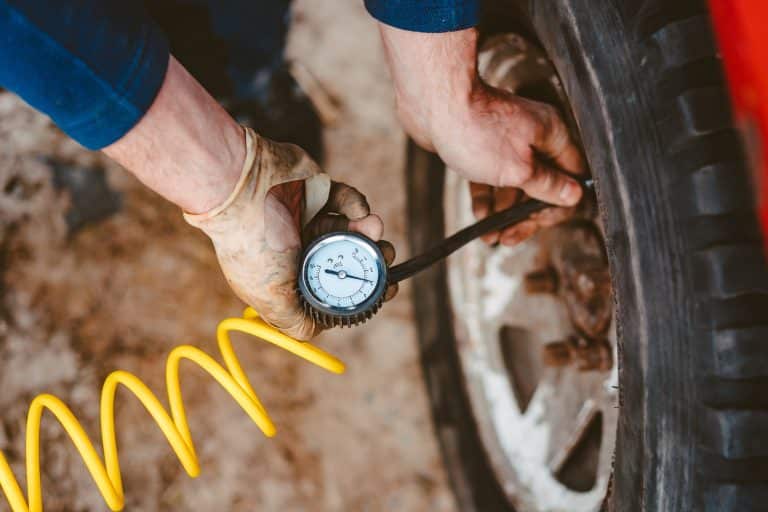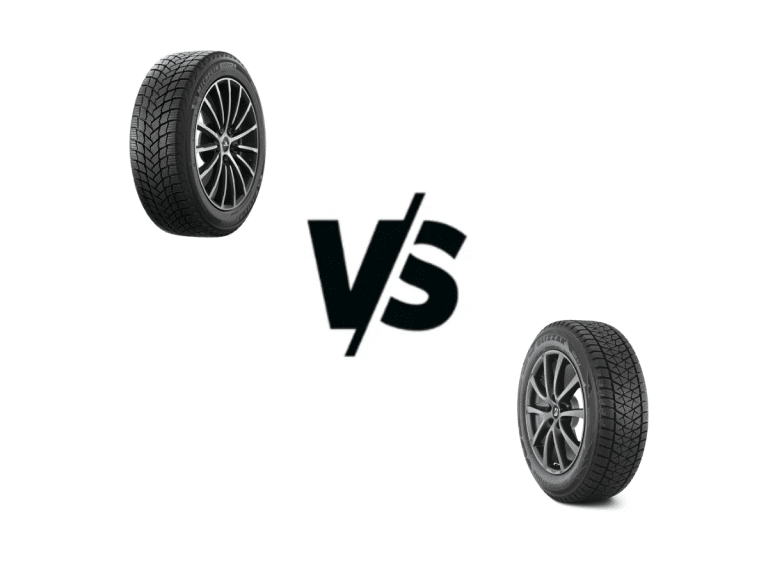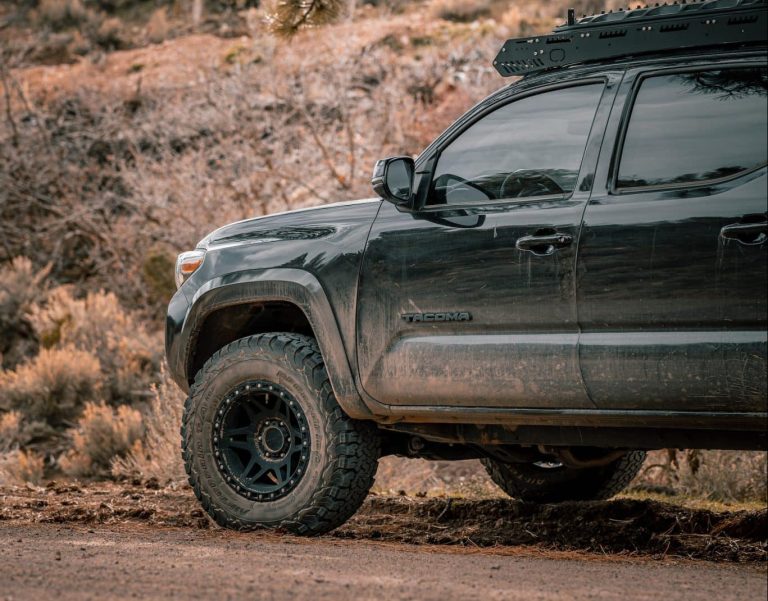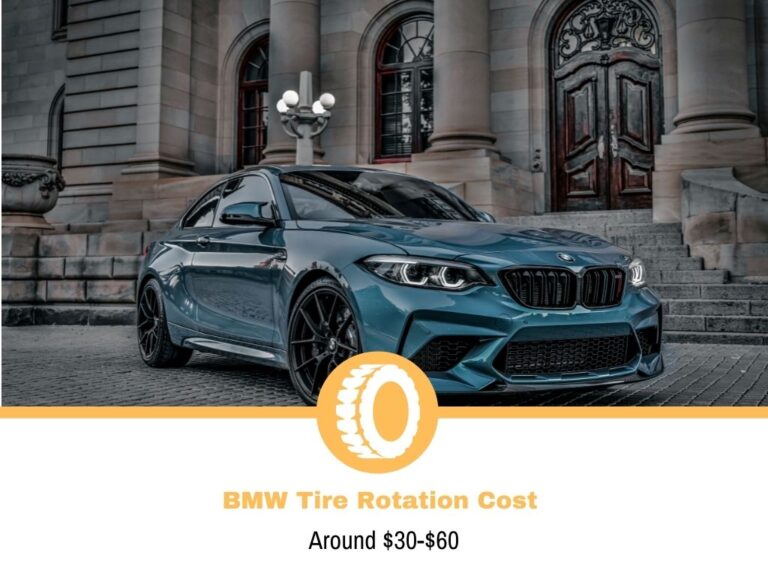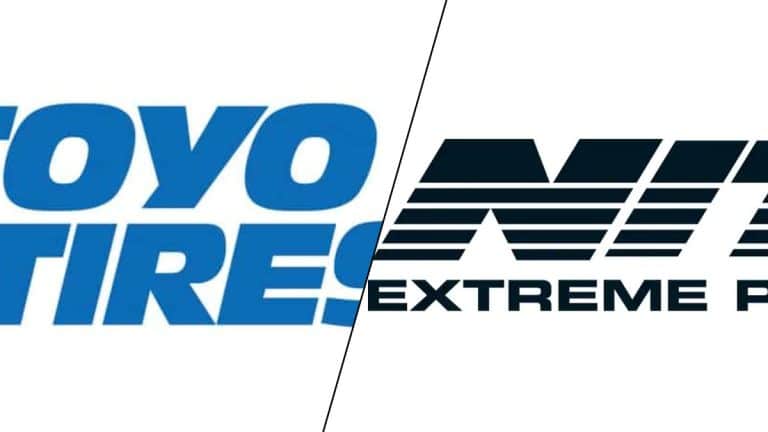Wheel Bolts Torque Guide
Cars are complex pieces of machinery that we get to enjoy thanks to engineers. I’ve been throwing some hate towards them about certain situations, but at the end of the day, without them, we’d have to resort to walking, which is a terrifying thought for me.
To ensure that the car runs as smoothly and as safely as possible, during the development process, engineers working all components, including the one I’ll be talking about today – torque.
I’m not talking about the torque the engine puts out, but the torque required to tighten each bolt. Throughout its life, each car will need to have something replaced, so a bolt or screw will need to come off. Once the service is completed, it’s important for it to be tightened per spec.
Based on the title, you can probably guess which bolts I’ll be talking about. As irrelevant as it seems, torquing the bolts on the wheels as specified by the manufacturer is crucial. They are essential for drivability and safety.
Why is wheel bolt torque important?
As I mentioned, torquing the bolts per spec is essential for the most optimal and safest experience. Here is an example of what this topic is all about.
A friend of mine took his Kanzerwagen Golf (don’t hate me, he calls it that) for a regular tire rotation. The next day, he noticed faint vibrations on the highway. That was the result of 2 missing bolts, with the other 3 being looser than a wizard’s sleeve.
The problem here is that the bolts weren’t tightened per spec, so after a while, they came loose and fell off. If he didn’t stop, the remaining bolts would’ve been lost in the wilderness, along with the entire wheel. You don’t want this happening, as it’s pretty scary and dangerous.
Torquing down the bolts or studs per specification ensures that the wheel is tight with the hub and there’s no movement. This also means that the wheel and bolts will withstand the forces and you won’t have any issues.
How to torque wheel bolts?
You should only use a torque wrench for torquing bolts. With it, you can tighten the bolts more precisely, instead of eyeballing it and doing it by “feel”. I’ve seen some shops using pneumatic torque guns, which is a wrong approach.
An impact wrench is a brute-force tool, primarily used to loosen bolts. It can push high torque figures to get any bolt out. Unless it’s a stubborn one where you need to bring out the torch and liquify the little rascal.
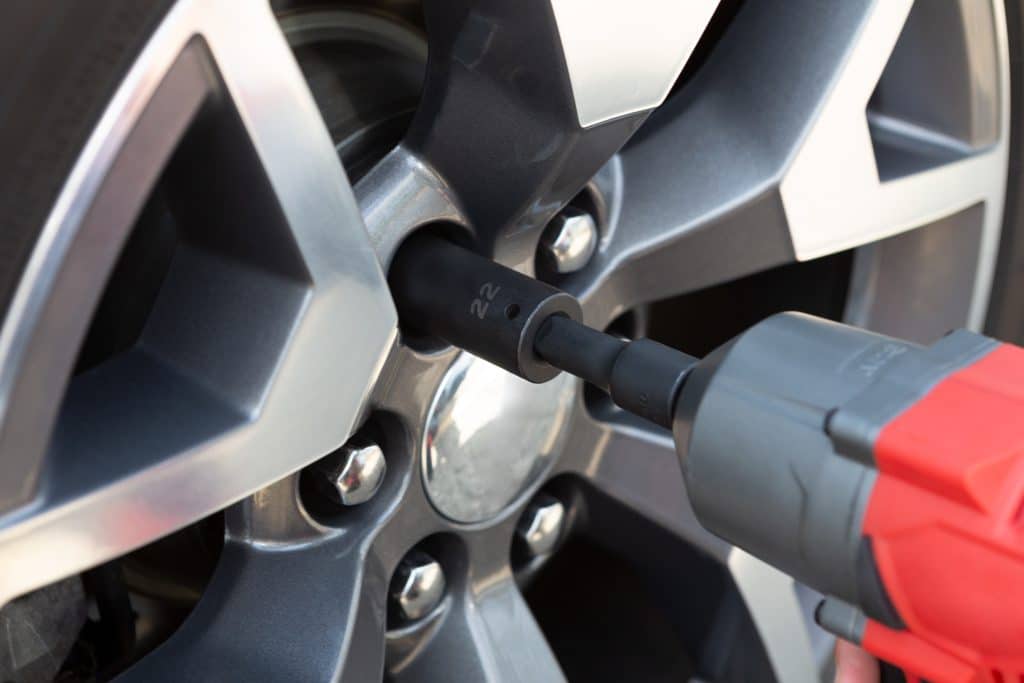
As far as tightening is concerned, I’m not a big fan of using it. The bolts or studs aren’t too long, so you can tighten them by hand and do the final step with the torque wrench. With this, you’ll ensure that everything is tightened per spec and you won’t have any issues.
What is the torque spec for wheel bolts?
There isn’t a specific answer for this, and it depends on multiple factors, including the size of the bolts, the type of wheel, and the manufacturer’s specifications. For the most part, you’re looking at numbers between 80 and 120 foot pounds of torque.
To get the most precise number, you’ll need to look for the specific information in the car’s user manual. This will give you the required info if everything is stock. When I say everything, I mean the wheels, bolt size, and hubs. If at any time you made some modifications, you’ll need to check for other sources.
It is a good idea to get information from the wheel manufacturer. They offer the most precise information that will work with the car and keep everything as safe as possible.
Can you over-tighten the bolts?
Over-tightening is something that I’ve seen a lot in the past years and it’s a concerning problem, so you should be mindful of that as well. When going overboard with the torque specs, you may have two issues. The first damage is to the wheels and the second is to the bolts, studs, or hub.
A common situation with over-tightening is using the impact gun. It can force the bolts or studs with a much higher torque than needed, which can damage the thread. If that doesn’t happen, the next guy that will need to loosen them will hate the previous technician.
I had a situation like this one with my Corolla. Taking the car to low-budget tire shops really paid off, when a bolt broke during tightening. All of the millions I saved going to cheap shops went into the repair bill at Toyota.
Should you check the torque of the bolts?
This is something that very few people do. If you’ve been to a tire shop for new tires or rotation, they will take the bolts off. Even if the technician uses a torque wrench to tighten them, you shouldn’t rely entirely on that.
My recommendation here is to check the torque roughly 100 miles after the service. In most cases, you won’t need to re-tighten then, but there are some exceptions, so it’s better to be safe than sorry. After that, I’ve seen some recommendations about checking them once a year, which makes sense.
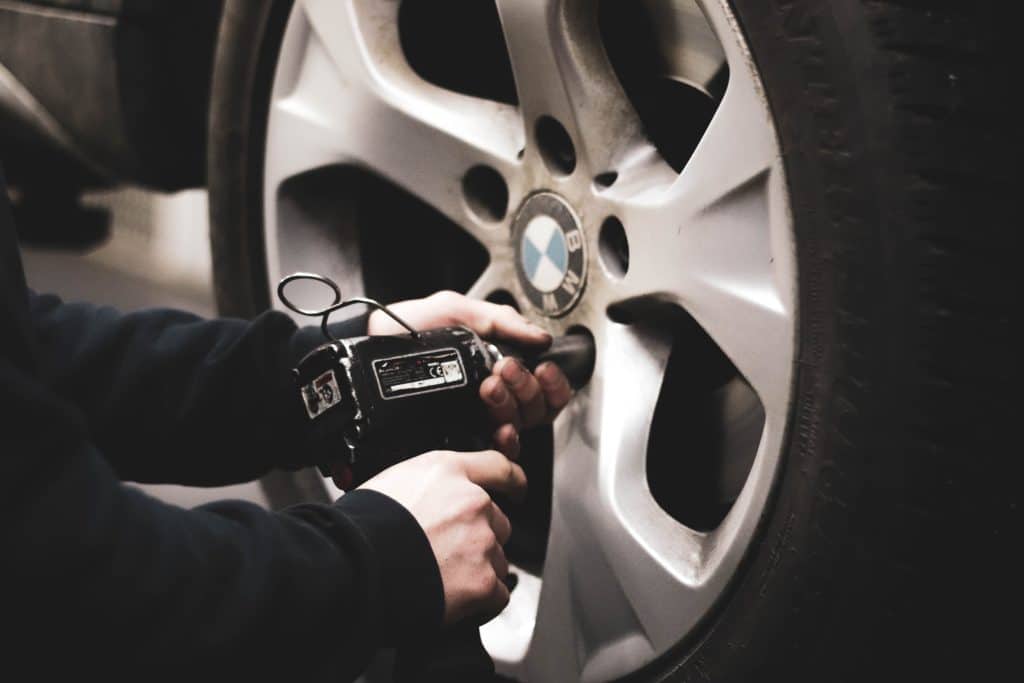
If you’re running a set of all-season or all-weather tires, you’re mounting them and drive them for years. Throughout that time, a bolt may get loosened up, so it’s not a bad idea to check them. On the other hand, in my case where I drive with summer and winter tires, I don’t need to do that.
I change the tires twice a year, so each time I just check the torque shortly after getting the job done at the shop and never give it any thought.
There are some exceptions. Vibrations are a common symptom of a loose bolt, so if you notice something like that, check the bolts. If they’re good, then the problem lies elsewhere.
Bolt torquing order
I feel like the other of torquing down the bolts is something that doesn’t get as much attention as it should. I’ve seen many people tighten them in a circular pattern, which isn’t a good idea. When you put the wheel on, tighten the bolts by hand in a star pattern enough to keep the wheel in place firmly enough.
Following the same star pattern, tighten each bolt per spec and follow the same order when rechecking. By doing this, you’ll ensure that the wheels sit on the hub as flush as possible, eliminating the possibility of some wobble and vibrations.
Conclusion
Wheel bolts torque is something that many car owners don’t pay too much attention to. They go to a tire shop and rely on the expertise to have everything done properly. In an ideal world, this is true, but in ours, there are some unexpected situations.
Getting the torque right is crucial for your car to drive as optimally as possible and keep you safe in the process. Therefore, reputable tire shops use torque wrenches to tighten them and will recommend going back for a quick checkup after the initial 100 miles.
